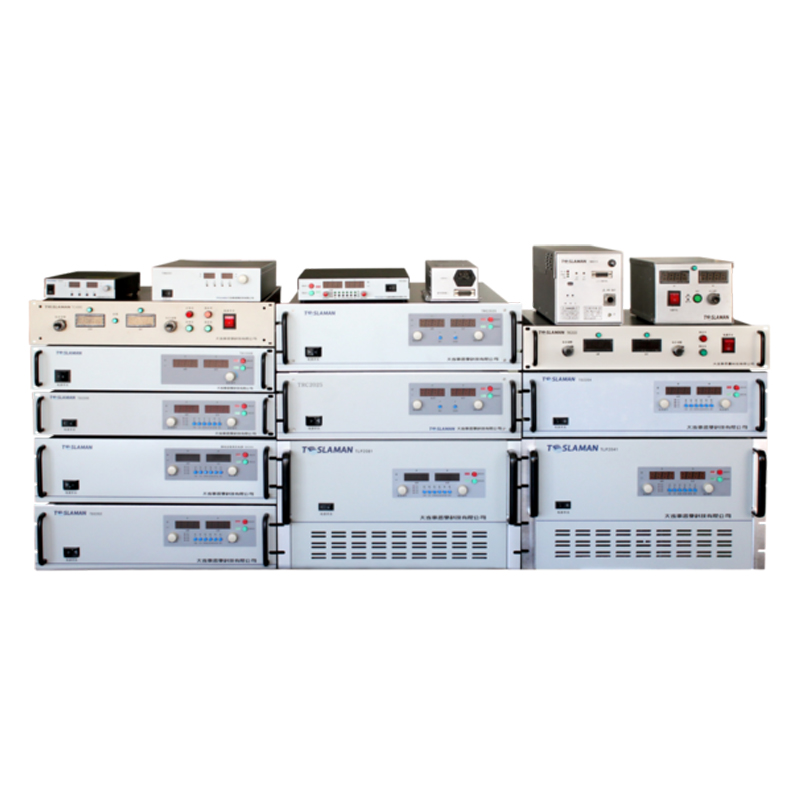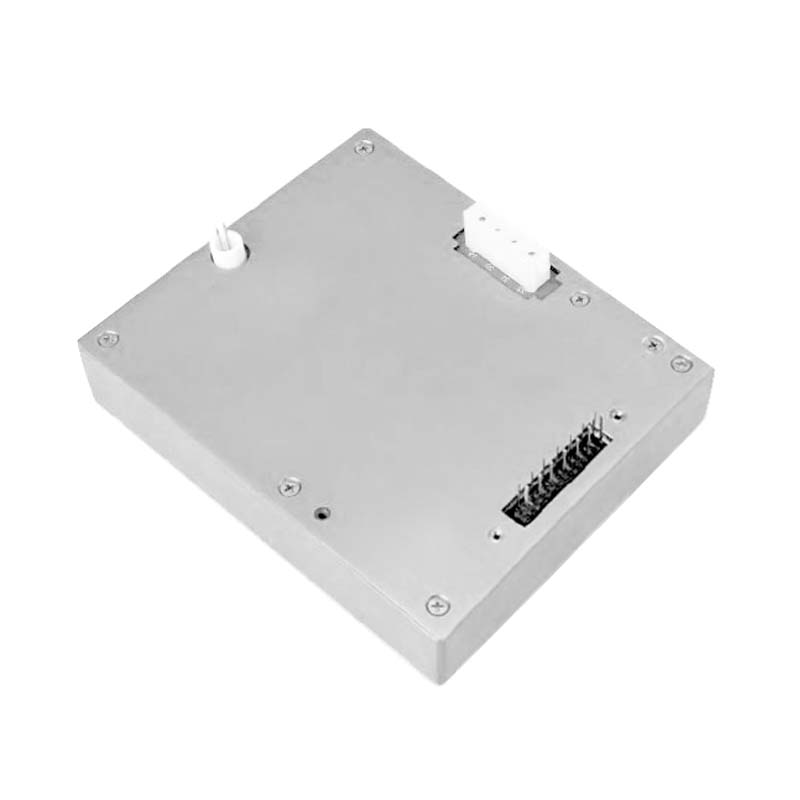High-voltage power supply provides strong support for electrochemical research
The application and importance of high-voltage power supply in electrochemical research
Electrochemical research is the study of the interaction between two types of conductors (electrons and ions) at the interface. In electrochemical research, a high-voltage power supply is an essential equipment, providing stable and reliable electrical energy for experiments. This article will analyze the application, advantages, and challenges of high-voltage power supplies in electrochemical research in detail.
I. Application of high-voltage power supply in electrochemical research
High-voltage power supplies are mainly used in the following aspects of electrochemical research:
1. Electrolytic cells: Electrolytic cells are a common equipment in electrochemical research, mainly used for preparing and studying substances with specific chemical properties. High-voltage power supplies can provide stable voltage and current for electrolytic cells, achieving precise control of the electrolysis process.
2. Electrochemical sensors: Electrochemical sensors are equipment that can detect specific substances concentrations or physical properties. High-voltage power supplies can provide stable voltage for electrochemical sensors, improving their sensitivity and stability.
3. Electrochemical synthesis: High-voltage power supplies can be used to drive electrochemical reactions, thereby preparing substances with specific chemical properties. For example, through the electrolysis of oxidation-reduction reactions, the synthesis of specific substances can be achieved.
4. Electrochemical testing: High-voltage power supplies can provide stable voltage and current for electrochemical testing, achieving precise measurement of the electrochemical process. For example, through the electrochemical impedance spectroscopy method, the properties and reaction kinetics of electrode materials can be studied.
II. Advantages of high-voltage power supply in electrochemical research
High-voltage power supplies have the following advantages in electrochemical research:
1. Provide stable and reliable electrical energy: High-voltage power supplies can provide stable and reliable electrical energy for electrochemical research, ensuring the smooth progress of experiments.
2. Improve experimental sensitivity and precision: By using high-voltage power supplies, the precision and sensitivity of experimental conditions can be controlled more accurately, thereby improving the experimental results.
3. Broaden the research scope: High-voltage power supplies can drive a variety of electrochemical devices, expanding the research scope of electrochemical research.
III. Challenges of high-voltage power supply in electrochemical research
While high-voltage power supplies have important applications in electrochemical research, they also face some challenges, such as:
1. Safety issues: High-voltage power supplies may present electric shock and fire hazards in use, requiring strict adherence to safety operating procedures.
2. Equipment costs: The cost of high-voltage power supplies is high, which may limit their application in some scientific fields.
3. Voltage stability and precision: High-voltage power supplies may be affected by factors such as grid fluctuations and load changes, requiring further optimization of design.
Conclusion
High-voltage power supplies play an important role in electrochemical research, providing stable and reliable electrical energy for experiments. However, we must also recognize the challenges it faces, such as safety issues, equipment costs, and voltage stability. In the future, we need to continue to research and develop safer, more efficient, and cost-effective high-voltage power supplies to meet the growing demand for electrochemical research.




















